Lyric Poem
In the vast universe of poetry, lyric poems hold a special place, offering a unique blend of emotion, personal expression, and musicality. This article will guide you through the process of writing your own lyric poem, providing examples, ideas, and templates to inspire your creativity. We’ll also delve into related topics, such as literary devices, text structure, and tone, to help you craft a poem that truly resonates.
1. Love Lyric Poem Example
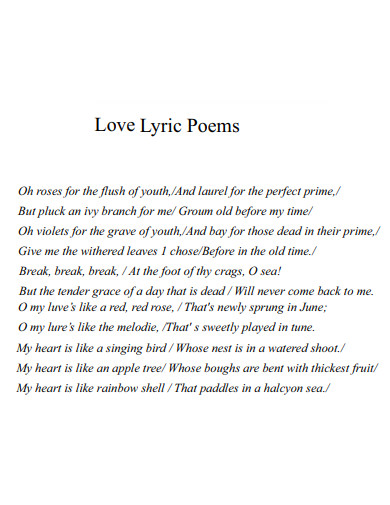
ccsenet.org
2. Contribution of Lyric Poem Example
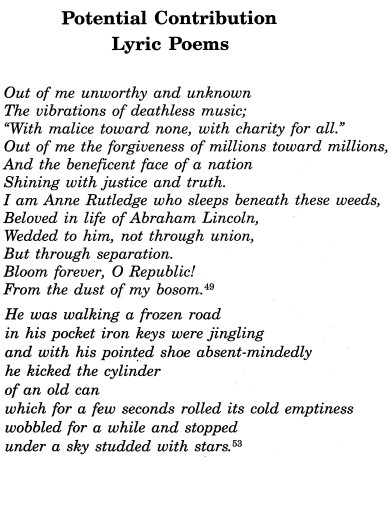
legalwritingjournal.org
3. Lyric Poem Example
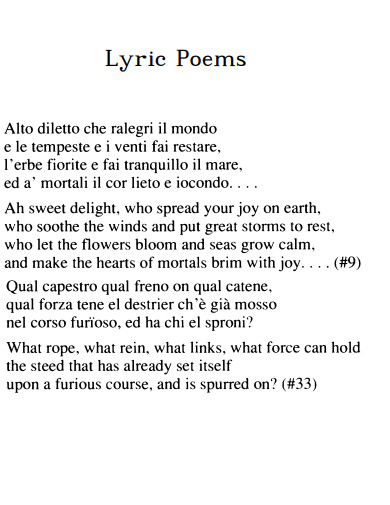
marilenabeltramini.it
4. Lyric Poem Ideas Example
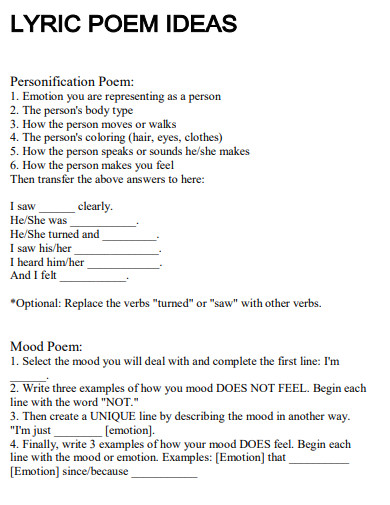
lcps.org
5. Lyric Poem Assignment Example
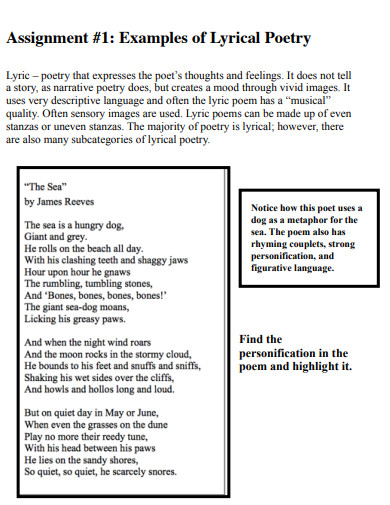
norwellschools.org
6. Lyric Poem Rubric Example
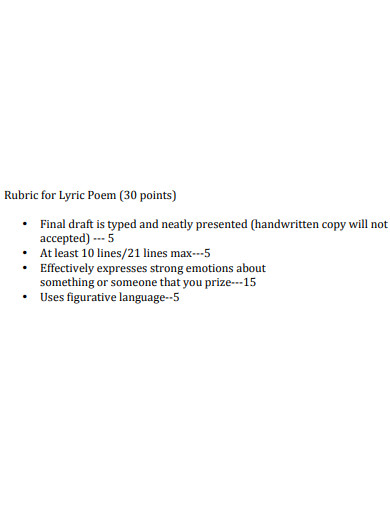
quia.com
7. Simple Lyric Poem Example
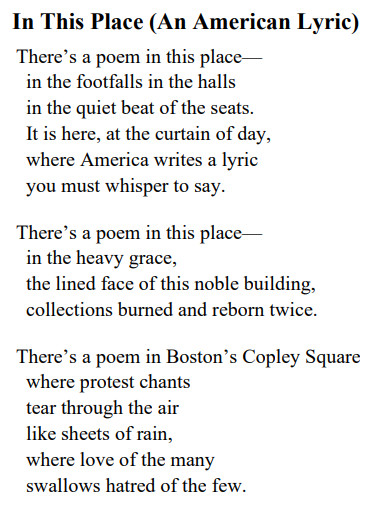
myerberg.org
8. Famous Lyric Poem Example
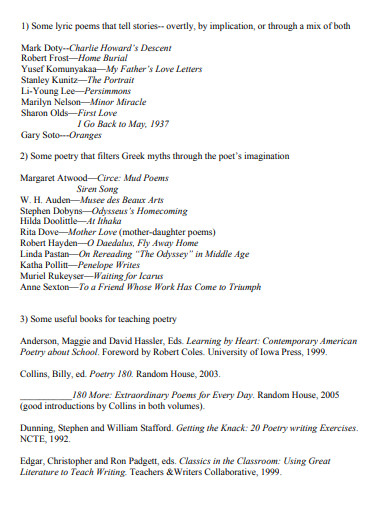
center.uoregon.edu
9. Lyric Poem Worksheet Example
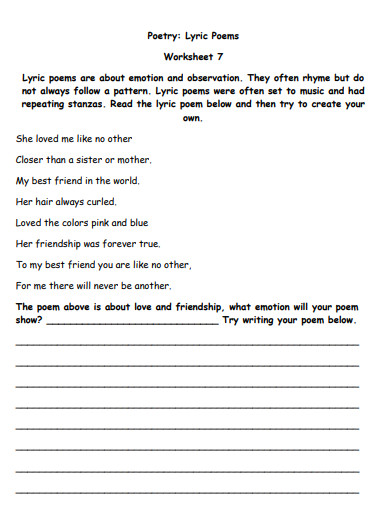
letsshareknowledge.com
10. Sample Lyric Poem Example
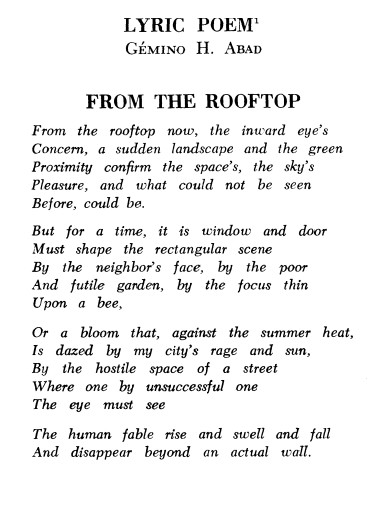
asj.upd.edu.ph
11. Lyric Poem Example
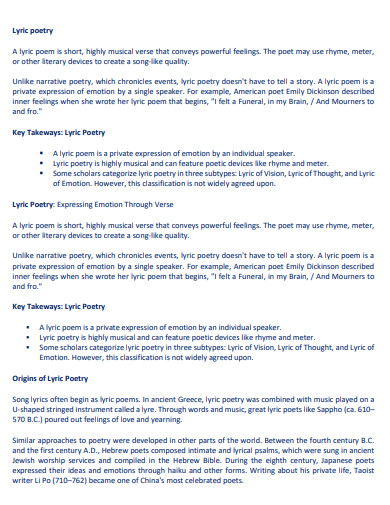
marilenabeltramini.it
12. Lyric Poem Format
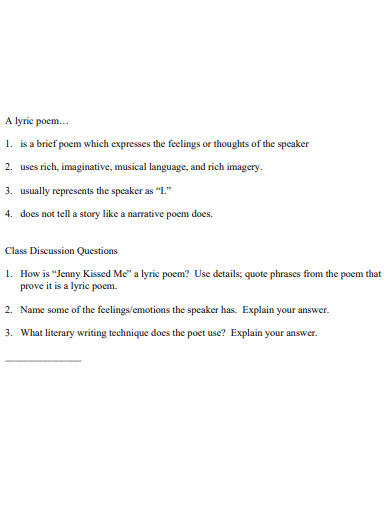
beaconlearningcenter.com
13. Lyric Poem Template
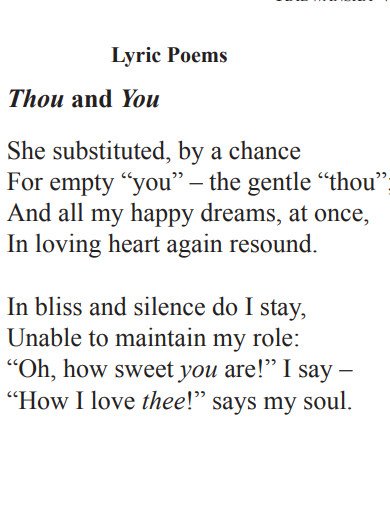
s3-live.kent.edu
14. Short Lyric Poem Example
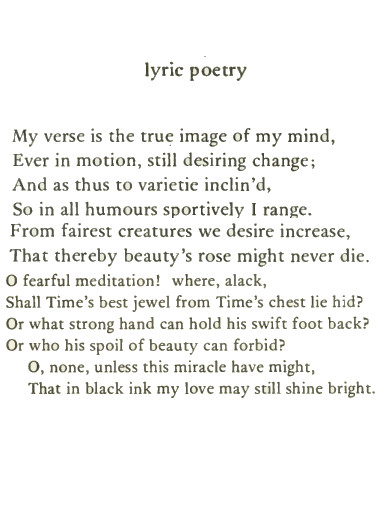
tspace.library.utoronto.ca
15. Friendship Lyric Poem Example
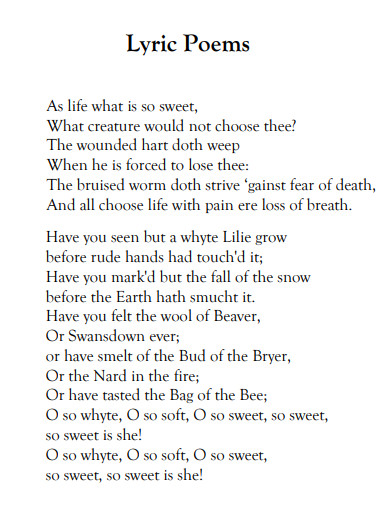
udallas-ir.tdl.org
16. Ode Lyric Poem Example
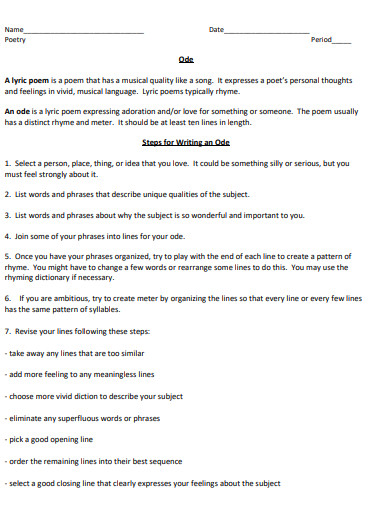
seaford.k12.ny.us
17. How to Read Lyric Poem Example

erhsnyc.org
18. Happiness Lyric Poem Example
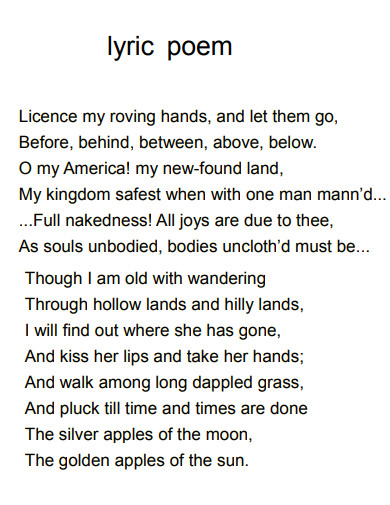
github.fitzmuseum.cam.ac.uk
19. Lyric Poem Analysis Example
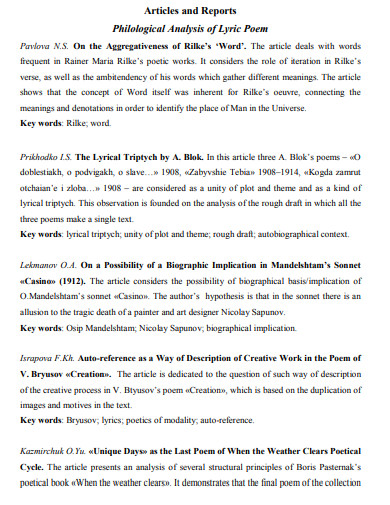
slovorggu.ru
20. Lyric Poem Activity Example
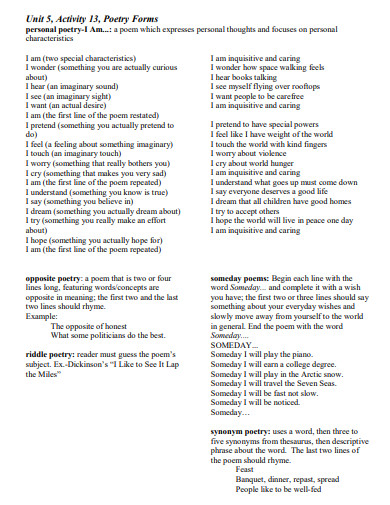
richland.k12.la.us
21. Formal Lyric Poem Example
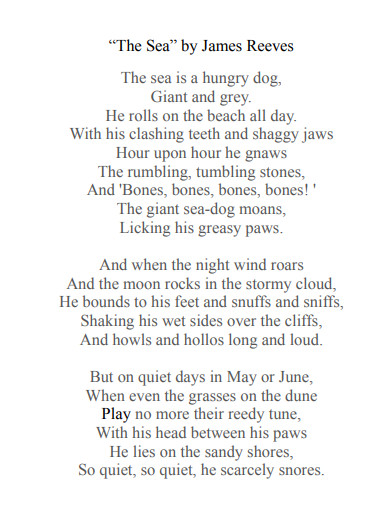
norwellschools.org
22. Lyric Poem And Society Example

sas.upenn.edu
23. Basic Lyric Poem Rubic Example
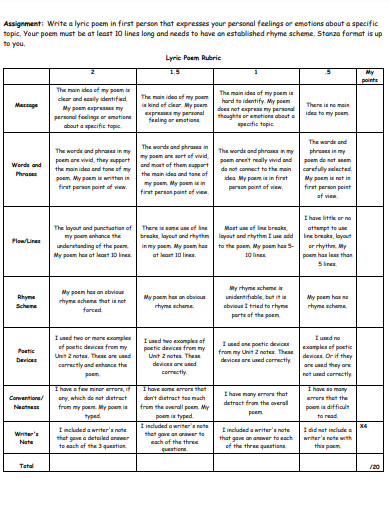
washington.dbqschools.org
24. English Lyric Poem Example
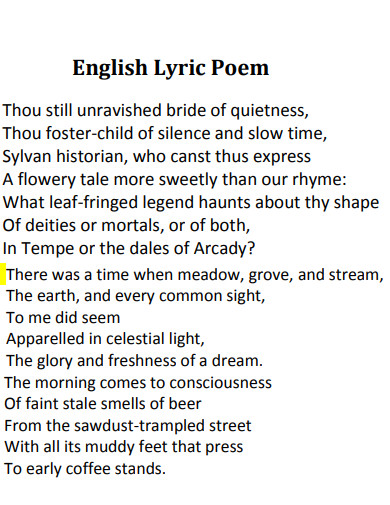
core.ac.uk
25. Lyrical Poem Example
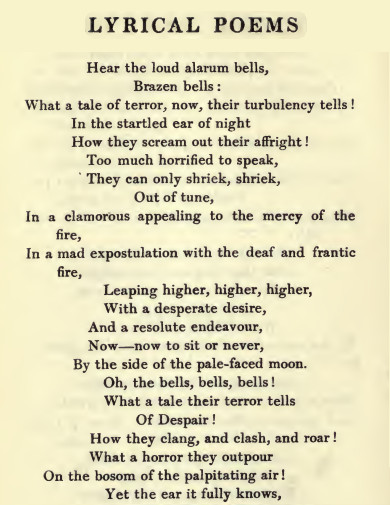
ia802601.us.archive.org
26. General Lyric Poem Example
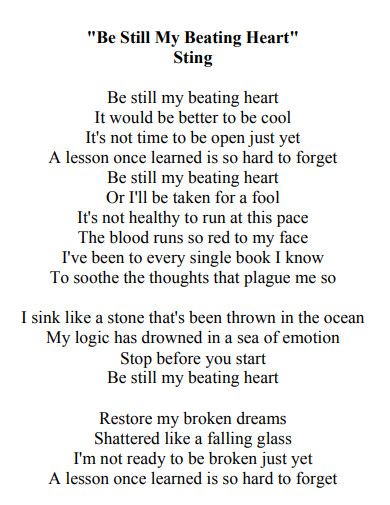
weberenglish372.weebly.com
27. Lyric Verse Poem Example
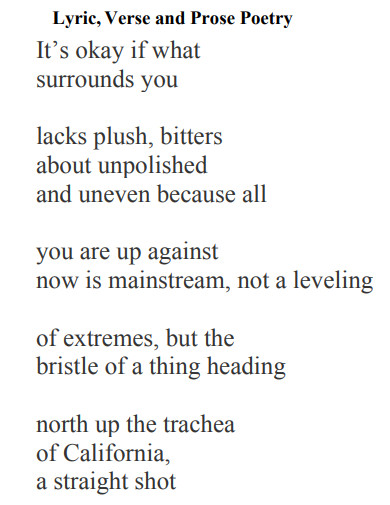
webmaps.sandiego.gov
28. Ancient Lyric Poem Example
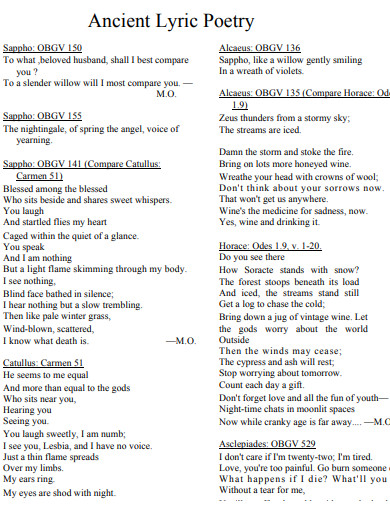
sjsu.edu
29. Origin of Lyric Poem Example
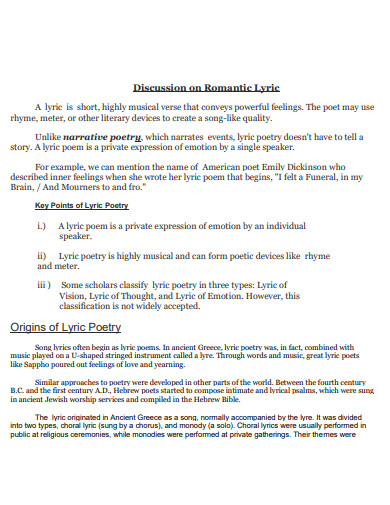
narajolerajcollege.ac.in
30. Lyric Sonnet Poem Example
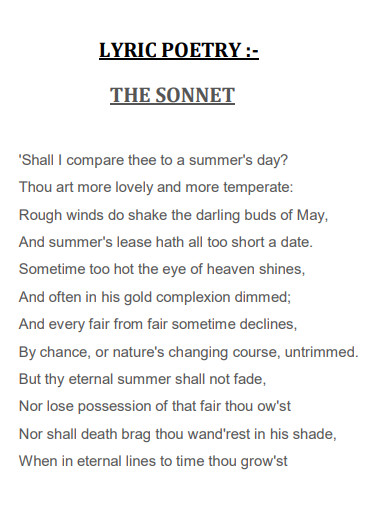
rdscollege.ac.in
31. Printable Lyric Poem Example
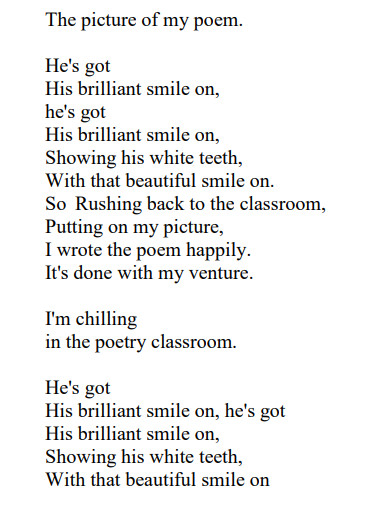
newsmanager.commpartners.com
What is a Lyric Poem?
A lyric poem is a type of poetry that expresses personal and emotional feelings. Unlike narrative poems, which tell a story, lyric poems focus on the poet’s innermost thoughts and emotions, often in a very musical or rhythmical way. They can explore any theme, from love and loss to the simple beauty of nature. The term “lyric” comes from the ancient Greek tradition of performing poetry to the accompaniment of a lyre.
How to Write a Lyric Poem
Before we dive into the steps, it’s important to remember that writing a lyric poem is a deeply personal and creative process. There’s no one-size-fits-all approach, but these steps can serve as a helpful framework.
Step 1: Choose Your Theme
The theme is the central idea or message of your poem. It could be anything that stirs your emotions – a personal experience, a profound thought, or a simple observation. For more on themes, check out our article on themes.
Step 2: Decide on the Tone
The tone of your poem is the attitude or emotional atmosphere of the work. It could be joyful, melancholic, nostalgic, or anything in between. Our article on tone provides a deeper understanding of this element.
Step 3: Structure Your Poem
The text structure of your poem refers to how it’s organized. This could involve stanzas, lines, and the use of literary devices such as repetition. For more on text structure, check out our article here.
Step 4: Use Literary Devices
Literary devices like metaphors, similes, and personification can add depth and richness to your poem. They can also help convey your theme and tone more effectively. Our article on literary devices offers a comprehensive guide.
FAQs
1. What is the role of verbs in a lyric poem?
Verbs are the action words in your poem. They bring your thoughts and emotions to life, creating vivid imagery and movement. For more on verbs, check out our article here.
2. What is a direct object in a lyric poem?
A direct object in a poem is the receiver of the action. It helps to create a fuller picture of the action taking place. For more on direct objects, see our article here.
3. How important is repetition in a lyric poem?
Repetition can be a powerful tool in a lyric poem. It can emphasize a point, create rhythm, and enhance the musicality of the poem. For more on repetition, visit our article here.
Writing a lyric poem is a journey of self-expression, allowing you to explore your inner world and share it with others. With practice and patience, you can craft a poem that not only resonates with you but also touches the hearts of your readers. So, pick up your pen, let your emotions flow, and start your poetic journey today!


